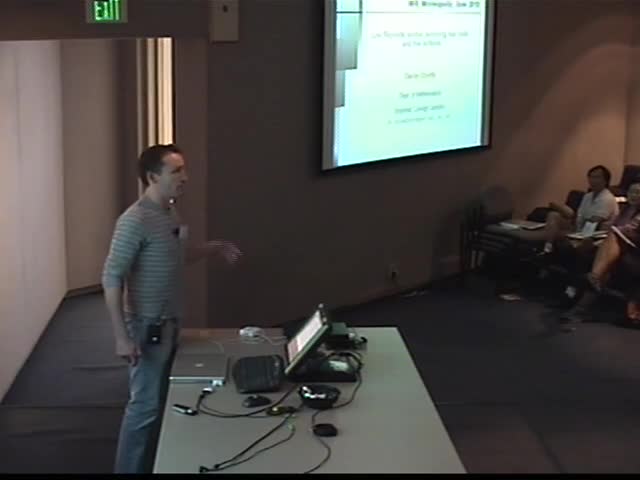Abstract
There has been much recent interest in understanding the
dynamics of low-Reynolds-number swimmers near no-slip boundaries and free capillary
surfaces. This talk will present
theoretical ideas for studying the dynamics of such swimmers
within the framework of
simple two dimensional models. The 2D models are developed
using the methods of complex analysis and afford significant
analytical advantages while
still capturing the essential
mechanisms of (certain) fully three dimensional situations. In
many cases the approach
yields explicit nonlinear dynamical systems that can be
directly studied. The models can
rationalize behaviour observed in numerical and laboratory
experiments and can provide
predictions for the swimmer dynamics in more complicated
situations. We will survey results on swimming near a no-slip wall
[joint work with Y. Or], swimming in other con
ned
geometries [joint work with O. Samson] and swimming near a free
capillary surface [joint
work with S. Lee, O. Samson, A. Hosoi and E. Lauga].
